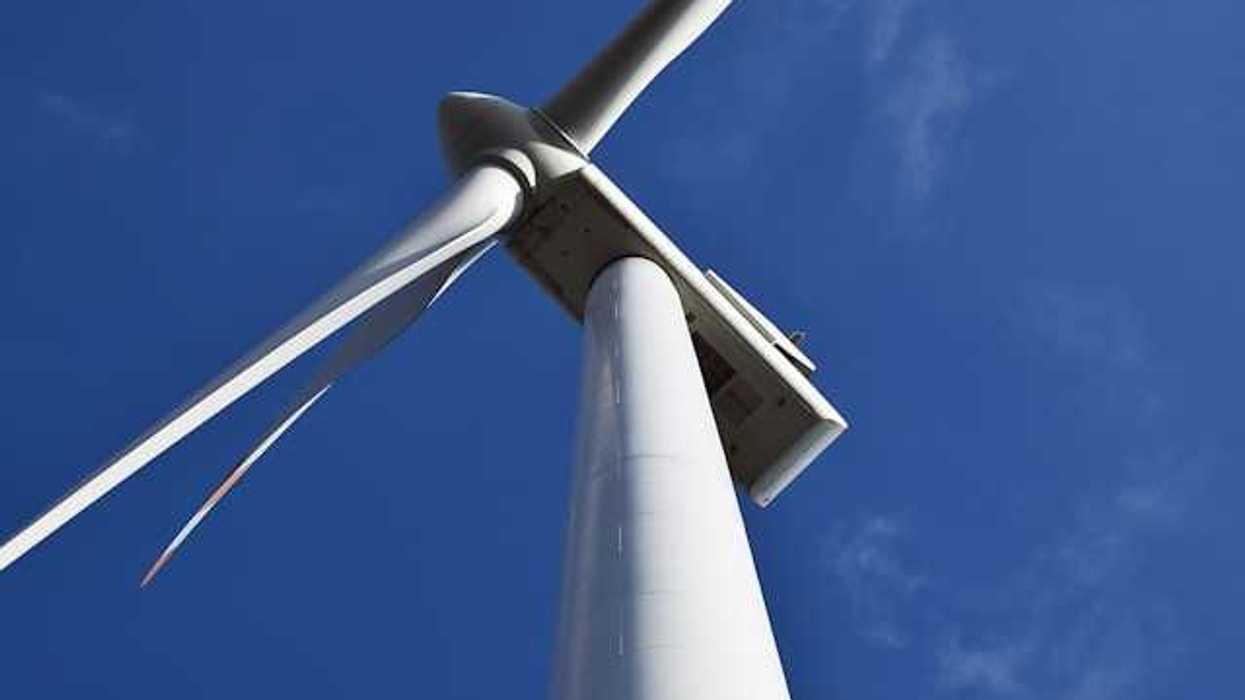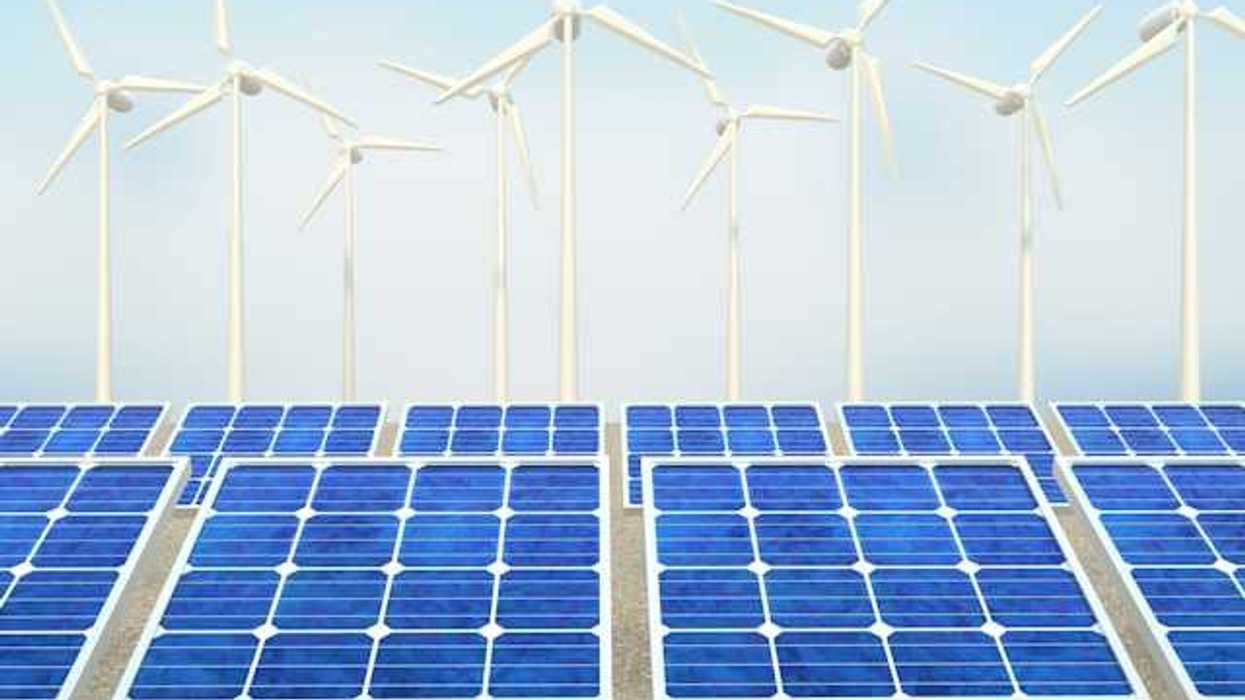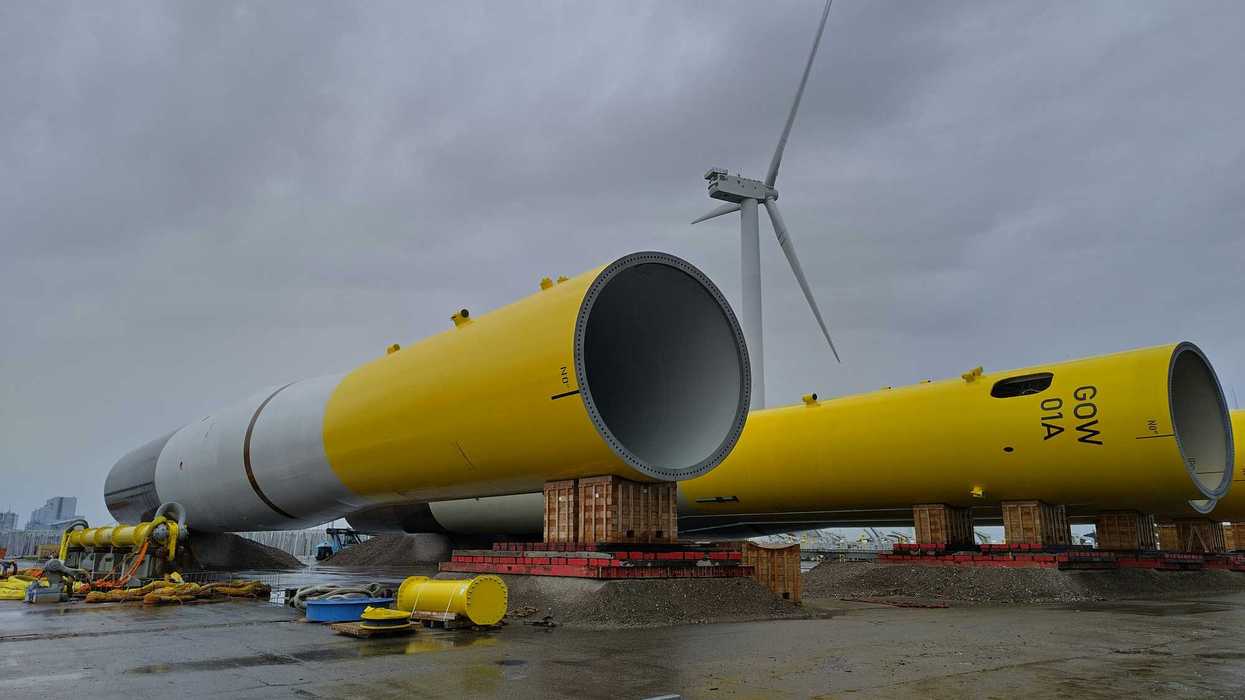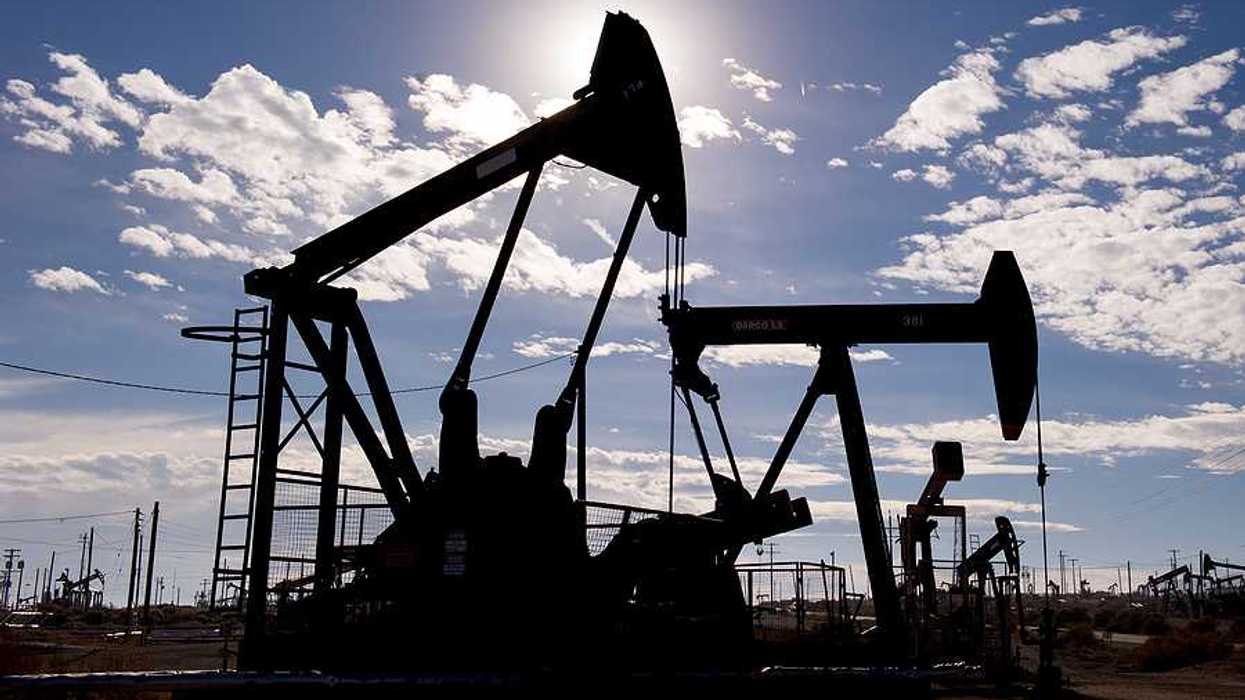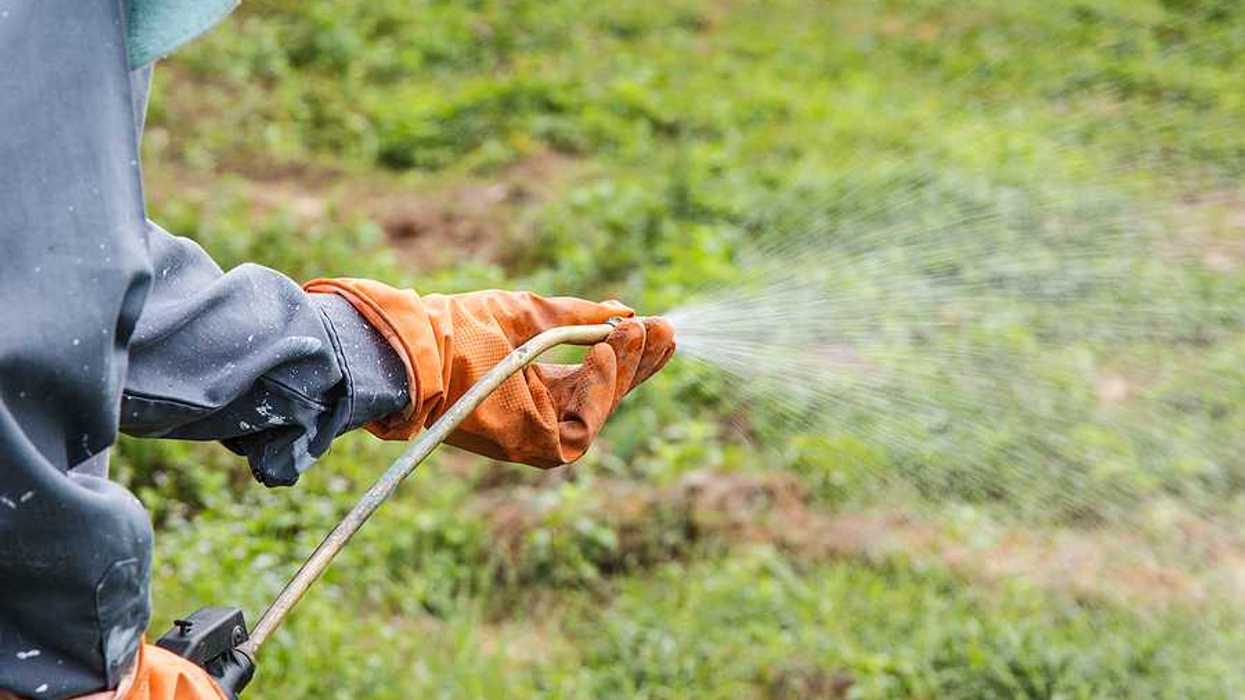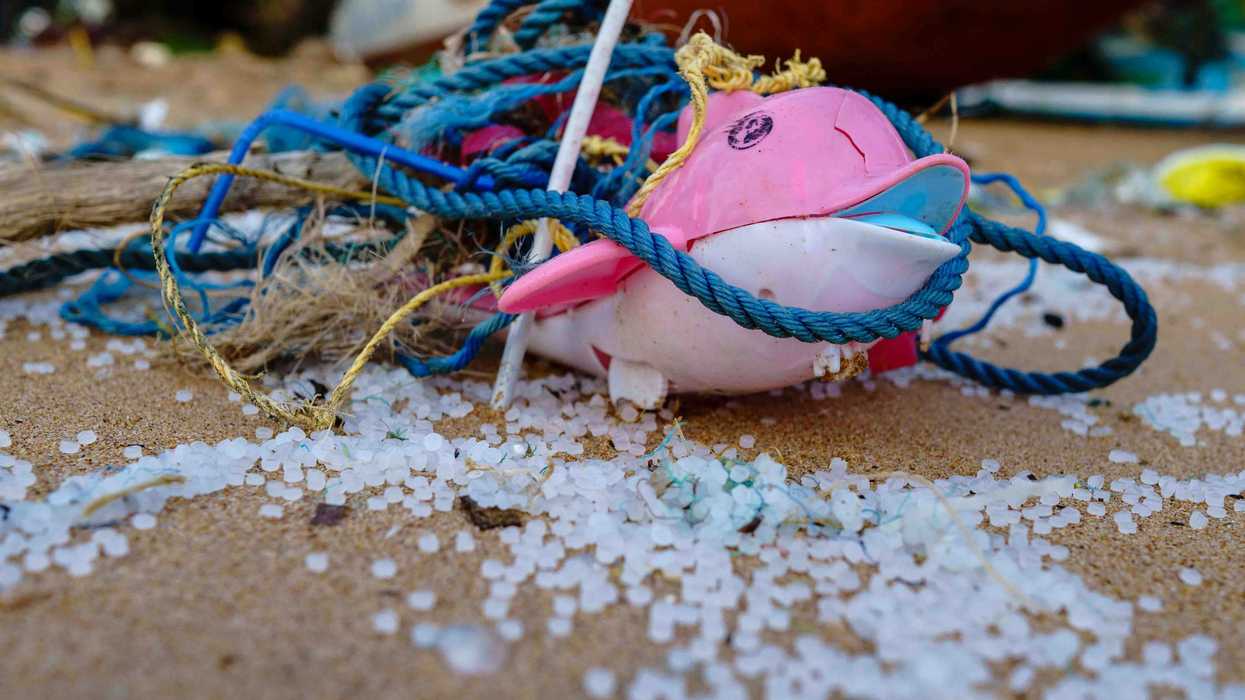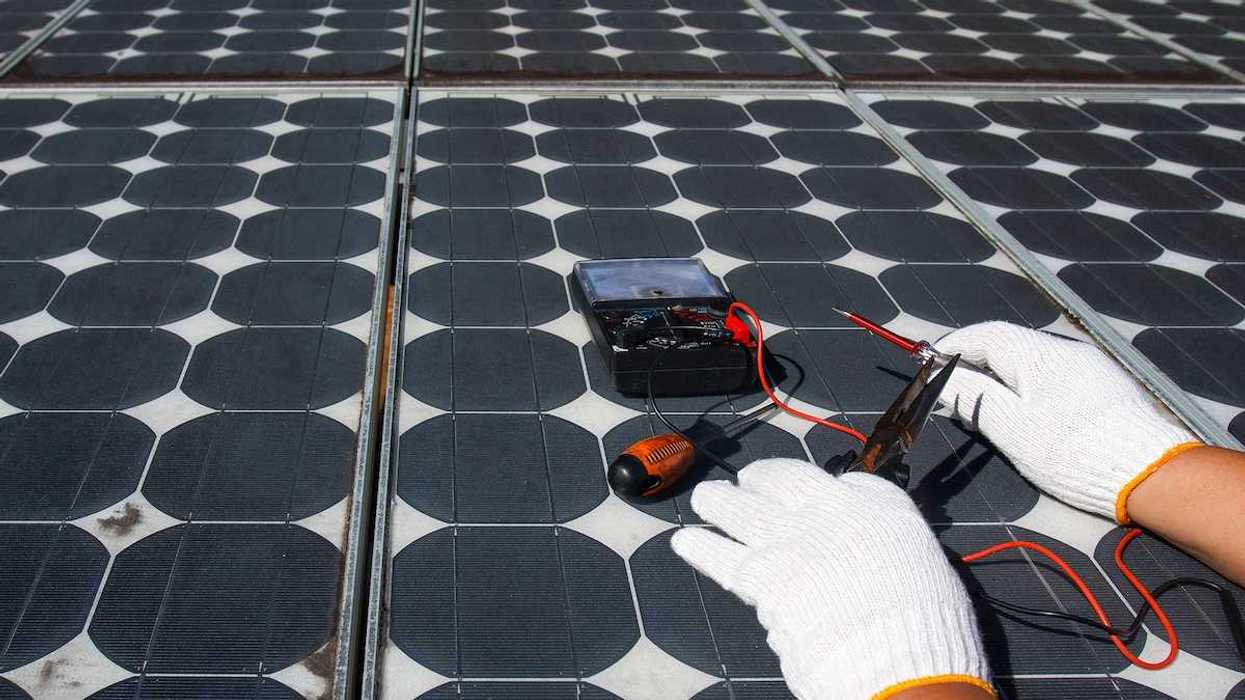The Justice Department is preparing to abandon a lawsuit against Denka Performance Elastomer, a Louisiana plant accused of emitting dangerous levels of chloroprene, a likely carcinogen, despite concerns about cancer risks in surrounding communities.
Maxine Joselow and Amudalat Ajasa report for The Washington Post.
In short:
- The Biden administration sued Denka in 2023, citing its emissions as a public health threat, with air monitors detecting chloroprene at up to 14 times the EPA's safe limit.
- Louisiana officials and industry groups support dropping the case, arguing that the plant provides jobs and essential products like neoprene, while critics say it endangers residents, especially children.
- The plant is located in "Cancer Alley," an area with some of the highest cancer risks in the U.S., and its emissions have contributed to local school closures and health concerns.
Key quote:
"We’re not going to be able to survive this."
— Robert Taylor, founder and executive director of Concerned Citizens of St. John
Why this matters:
The decision to drop the case raises concerns about environmental justice, particularly for the predominantly Black and Latino communities near the plant. "Cancer Alley" has long struggled with industrial pollution and elevated cancer rates. With this decision, advocates fear a dangerous precedent: If environmental enforcement is scaled back here, it could signal a broader retreat on holding polluters accountable, particularly in marginalized communities.
Louisiana’s economy is deeply tied to the petrochemical industry, and regulators often face intense lobbying from powerful corporations. At the same time, residents argue they are paying the price — with their health — for an industry that brings jobs but also toxic air.


